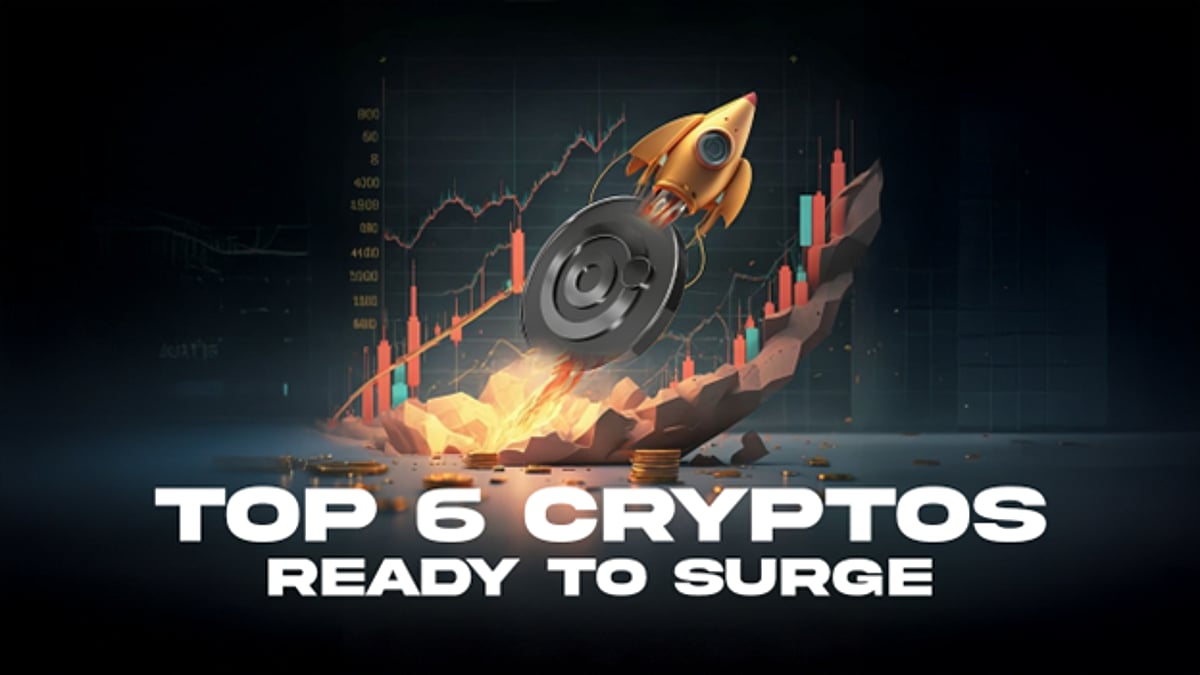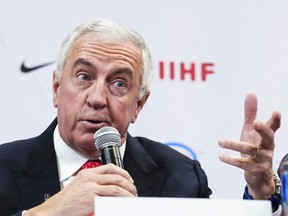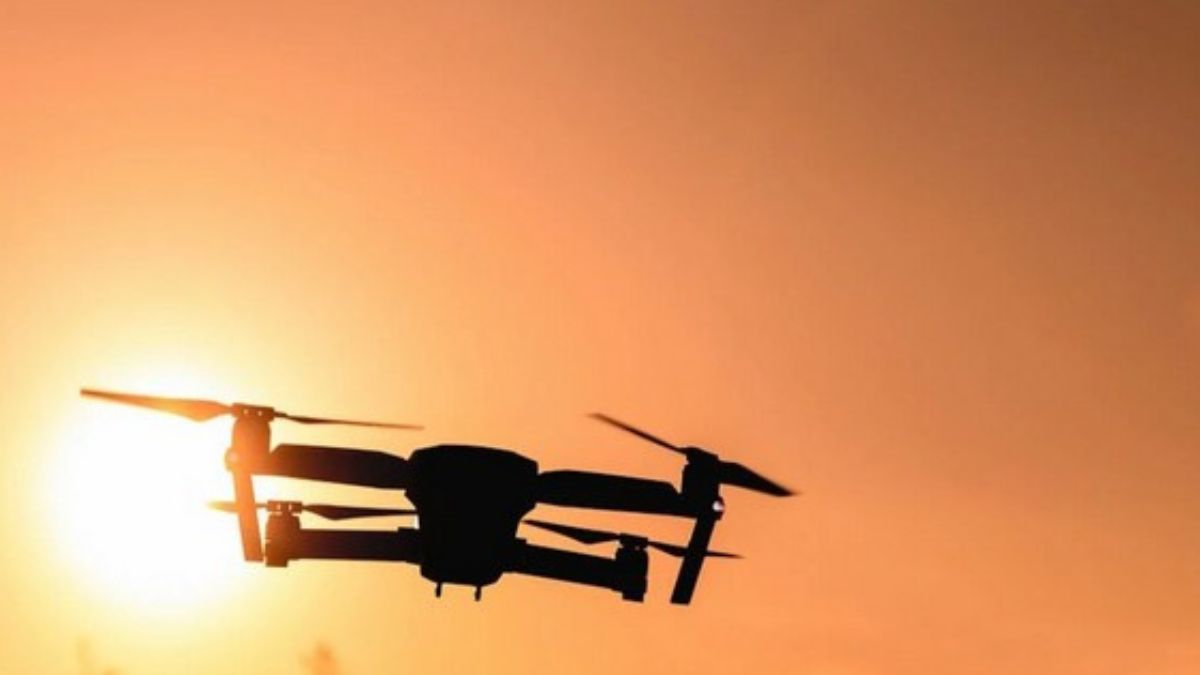jili k.o apk
Vikings have ruled out tight end Josh Oliver. What does that mean for the running game?Diego González, traveling surgeon: ‘I operate all over the world’ The doctor has assisted more than 10,000 people in 136 countries after revolutionizing operating theaters with minimally invasive single-cut video surgery on the chest Diego González Rivas has just arrived in his hometown, A Coruña , after stopping in Madrid and Lisbon, where he landed last week on his return from Kuwait. Suitcases and planes are part of his daily routine. During December he has also been to Azerbaijan, the Czech Republic, Germany, and Bucharest. He will spend Christmas in India and New Year in Indonesia, from where he will travel to Vietnam. He is a traveling thoracic surgeon, who at 50 years old has operated on more than 10,000 people in 136 countries after revolutionizing operating theatres. What used to involve opening up the patient and separating the ribs is now reduced to an incision of a few centimeters with thoracoscopic or robotic surgery . Sometimes, these interventions are carried out without tracheal intubation or general anesthesia. Thanks to these two techniques, which González developed in 2010 and 2021 respectively, patients can be discharged from hospital within 48 hours after being operated on for lung cancer . He heads the thoracic video surgery program at the Shanghai Pulmonary Hospital, the largest clinic in the world, and in 2025 he will present a book, Healing the World: Diary of a Nomadic Surgeon . Question: Did you always know that you wanted to be a doctor? Answer. Yes, I always wanted to help others. My mother was a nurse and I loved going with her to the hospital because I saw that people were going in sick and coming out okay, usually. When I was little, my family recorded a Christmas video message in which I wished people a happy holiday and that no loved ones would die. This was what I cared about. Q. Why did you specialize in thoracic surgery? A. I wanted to be a surgeon and I had three options: plastic, cardiac, or thoracic. The latter was not very well-known, but just when I graduated a lung transplant program started in A Coruña of which I could be the first resident. I had an intuition and I went with it, I knew I would be fascinated. Q. Has postoperative care evolved much since then? A. Of course, one of the things I hated most about my profession was seeing patients in bad shape after surgery. Thoracic surgery is the most painful of all because the intercostal nerves are in the thorax, a rigid organ that requires separating the ribs to be able to access it openly, which causes pain that can last a lifetime. I saw dramatic cases in the postoperative period with many complications and the risk of infections, pneumonia, and thromboembolisms. Q. Did you know that medicine offered other alternatives? A. I believed that the way things were being done had to change. I discovered video surgery, which was only performed in Spain in Seville, on a small scale, but was more common in the United States. I went there in 2006 and learned the technique in hospitals in Los Angeles, New York, and North Carolina, where I found out that surgeon Thomas D’Amico was the only person capable of operating with only two incisions, and I trained with him. Q. Did you improve this technique? A. Yes, in June 2010 I performed major lung cancer surgery for the first time in the world with a single four-centimeter incision. Now I can do it in a smaller size. It was a revolution and a new era began with a technique called Uniportal VATS (minimally invasive video surgery with a single cut in the chest). It allows direct vision with very ergonomic instrumentation. The patient is at home within 48 hours. Q. Did your professional career take off at that time? A. I started to generate international interest, although there was also criticism because I was creating something new that broke with the established order. My own boss at the hospital in A Coruña did not accept it. I lived through some tense years, but my team always believed in this project and we continued forward. Life is full of obstacles and these make you grow. Q. Did you want to show your discovery to the world? A. I wanted all surgeons to learn this technique because it is very appreciated by the patient, and I started my crusade around the world to teach it. Medical students already study it in faculties. It is not only used to operate on lung cancer, it’s useful for all chest pathologies. In 2021, I also developed robotic surgery (Uniportal RATS) and, in addition, I cure hyperhidrosis in the palms of the hands with a 15-minute operation, like the one I performed on the [Spanish television] presenter David Broncano. That’s why this operation went viral. Q. In which country did you first become interested in spreading your single-cut technique in the chest? A. In 2012, I was invited to give the first conference in Singapore, where a hospital was performing 30 lung surgeries a day and specialists from all over Asia came. I started performing live surgeries in Hong Kong and offered classes in more than 60 Chinese cities. I was amazed by the Asian technology and founded the thoracic video surgery program at the Shanghai Pulmonary Hospital, the largest in the world, to attract professionals from all over. They train for two weeks and return to their countries of origin to develop the technique; it is the fastest way to expand worldwide. I was named an honorary citizen in northern China. Q. What fulfills you the most? A. Operating in developing countries is what makes me happiest, it gives me a lot of peace and satisfaction because it is where I have the most impact. Saving a life there is wonderful. At first it was an odyssey to perform this type of surgery in some territories, where we lost power in the middle of operations. They have very limited resources and we need high-definition equipment and specialized anesthesiologists. In recent years I have visited more than 30 African countries. That is why the Diego González Rivas Foundation was born in 2022, which raises funds to work in these countries with peace of mind. Q. Has the foundation allowed you to fulfill dreams that seemed impossible? A. I have operated in Tanzania, Kazakhstan, Sierra Leone, Peru, and many other territories. This year I achieved my main goal: a mobile hospital equipped with all the technology to move easily to different parts of Africa. We inaugurated it in Ghana. For the first time in the world, minimally invasive surgery was performed in a mobile unit with high-definition cameras, solar panels, satellite connection, bronchoscopes, sterilization systems, surgical scrubbing, and a resuscitation area. We saved people and offered them the same health conditions as in Europe and the United States. Q. Are you a traveling surgeon? A. Yes, I am a nomad. I work in dozens of hospitals, I operate all over the world, even on weekends. I travel alone, but in each country I have a different team. I never lose contact with the patients I care for, even if I have to leave the next day for another city. Q. What adverse situations have you faced? A. There have been many, but I remember a girl in the Democratic Republic of the Congo who had swallowed a key and it had been stuck in her lung for two years. She was dying and we operated on her. Three days later, we discharged her and she was happy. In China I assisted a prisoner who had tried to take his life by stabbing himself in the chest with an awl, and in Tanzania I operated on a girl whose lung had been completely punctured by a rib years earlier, probably after being abused. Q. Do you operate where others don’t dare? A. I have more experience in complex cases because I deal with them every day. I perform 1,000 lung cancer surgeries a year, whereas my colleagues in Spain normally do 100. I receive numerous cases every day of patients with tumors that have been rejected [for surgery] because they are technically complex, so I deal with them, but many I cannot cope with either. I always have to stick to oncological principles. Sign up for our weekly newsletter to get more English-language news coverage from EL PAÍS USA Edition Tu suscripción se está usando en otro dispositivo ¿Quieres añadir otro usuario a tu suscripción? Si continúas leyendo en este dispositivo, no se podrá leer en el otro. ¿Por qué estás viendo esto? Tu suscripción se está usando en otro dispositivo y solo puedes acceder a EL PAÍS desde un dispositivo a la vez. Si quieres compartir tu cuenta, cambia tu suscripción a la modalidad Premium, así podrás añadir otro usuario. Cada uno accederá con su propia cuenta de email, lo que os permitirá personalizar vuestra experiencia en EL PAÍS. En el caso de no saber quién está usando tu cuenta, te recomendamos cambiar tu contraseña aquí. Si decides continuar compartiendo tu cuenta, este mensaje se mostrará en tu dispositivo y en el de la otra persona que está usando tu cuenta de forma indefinida, afectando a tu experiencia de lectura. Puedes consultar aquí los términos y condiciones de la suscripción digital. A Coruña Tanzania India Indonesia Vietnam Cáncer Shanghái China David Broncano Diego González, traveling surgeon: ‘I operate all over the world’ A Gazan journalist’s story: ‘By day, I covered the horrors of war. At night, I worked on my thesis by candlelight’ Daniel Craig: “I wouldn’t have been able to star in ‘Queer’ during the years I was playing James Bond” Lea Ypi, political scientist: ‘The new European militarism threatens what made the EU great’ The Canal is off the table: Latin America closes ranks with Panama in face of Trump’s threats Amid uncertainty and fear, thousands of migrants prepare for the closure of shelters in New York From Venezuela to Trump: Sheinbaum returns Mexico to the front line of international politics Pornhub to block Florida users on January 1 to protest war on porn A breathalyzer test leads to a diplomatic clash between Argentina and RussiaAn online debate over foreign workers in tech shows tensions in Trump's political coalition
Dolphins Injury Report for Week 16: The Rollercoaster of Wrist Drama, and Knee Woes
Who did Trump pardon during his first presidential term?
Food Sovereignty Increases Food Security
Opinion: Why taxpayers deserve a public inquiry into Elections BC Legislative committees won't solve mounting concerns about missteps on election night Carson Binda Nov 22, 2024 3:30 PM Share by Email Share on Facebook Share on X Share on LinkedIn Print Share via Text Message Voting place at Whistler Conference Centre | Photo by Megan Lalonde. Listen to this article 00:03:06 Elections BC is drawing scrutiny which threatens to undermine taxpayer’s faith in our elections. That’s a problem. Here’s the solution: call a public inquiry into Elections BC, not a politicised process through legislative committees working behind closed doors. There is nothing to suggest the B.C. provincial election was stolen. There is nothing to suggest Elections BC was in cahoots with one party or another. But that doesn’t mean we can afford to turn a blind eye to its mishandling of the most important day in our democratic cycle. In a democracy, taxpayers must have faith in elections and repeated errors from Elections BC erodes that trust. And make no mistake, Elections BC did mess up its handling of the provincial election. The problems with Elections BC range from bad to worse. It took Elections BC more than a week to finish the preliminary tally of votes. Voting closed Oct. 19, but the final count didn’t occur until Oct. 28. British Columbians shouldn’t be left in limbo because Elections BC workers didn’t stay late to count votes. And it shouldn’t take an extra week for the final count to begin. Then came the revelation that Elections BC officials were storing ballots in their personal homes. Think about that for a moment. When you cast your ballot, did you imagine it would find its way into the basement of someone’s home? British Columbians generally believe Elections BC acts in good faith. But why allow questionable chains of custody for the most important pieces of paper in a democracy? Why risk storing ballots in home basements instead of secure government buildings? In three-quarters of B.C.’s 93 ridings, mistakes by Elections B.C. led to unreported votes. That’s unacceptable. To be fair, all the votes were eventually accounted for and counted. But our elections are too important to risk with these kinds of blunders. Both the ruling NDP and Opposition BC Conservatives agree there needs to be an investigation into Elections BC’s mistakes. The NDP wants an all-party committee made up of MLAs to probe Elections BC. But that’s not good enough. Legislative committees are political and are made up of politicians fighting for the spotlight. They can hide behind in camera meetings the public doesn’t have access to. For the public to have faith in our elections, the public needs to be involved in the inquiry. That’s what the BC Conservatives are calling for: an independent public review. British Columbians need to have faith in our elections, so the public must be a part of the investigation. This is far too important an issue for taxpayers to be shunted off to the side while politicians play partisan games. Carson Binda is the B.C. director for the Canadian Taxpayers Federation. See a typo/mistake? Have a story/tip? This has been shared 0 times 0 Shares Share by Email Share on Facebook Share on X Share on LinkedIn Print Share via Text Message Get your daily Victoria news briefing Email Sign Up Related Opinion: No more waiting games for B.C. tax relief Nov 1, 2024 7:00 AM Opinion: British Columbians can't afford NDP's mismanaged SkyTrain extension Aug 26, 2024 4:00 PM Opinion: Eby must scrap B.C.'s carbon tax now rather than wait on Ottawa Sep 20, 2024 7:00 AM
- Previous: c jollibee
- Next: jili x super ace




